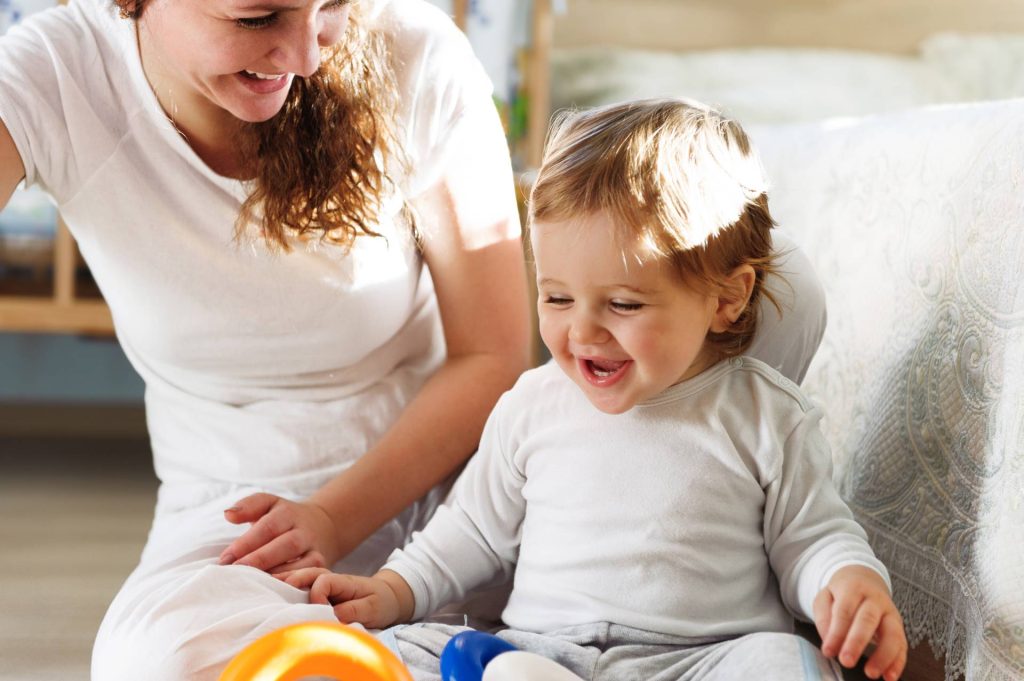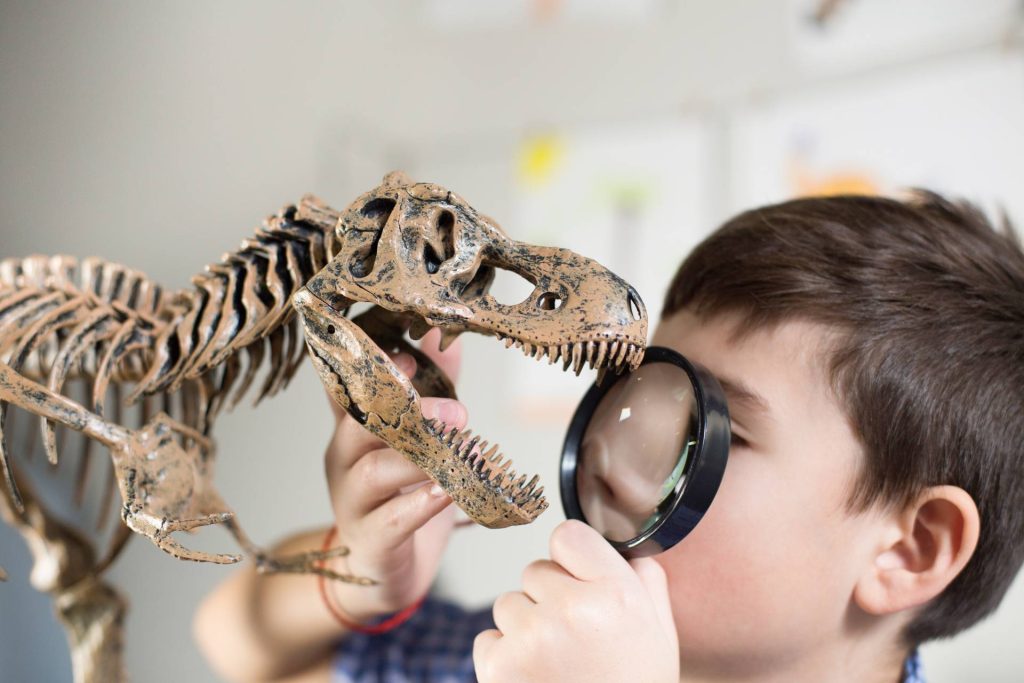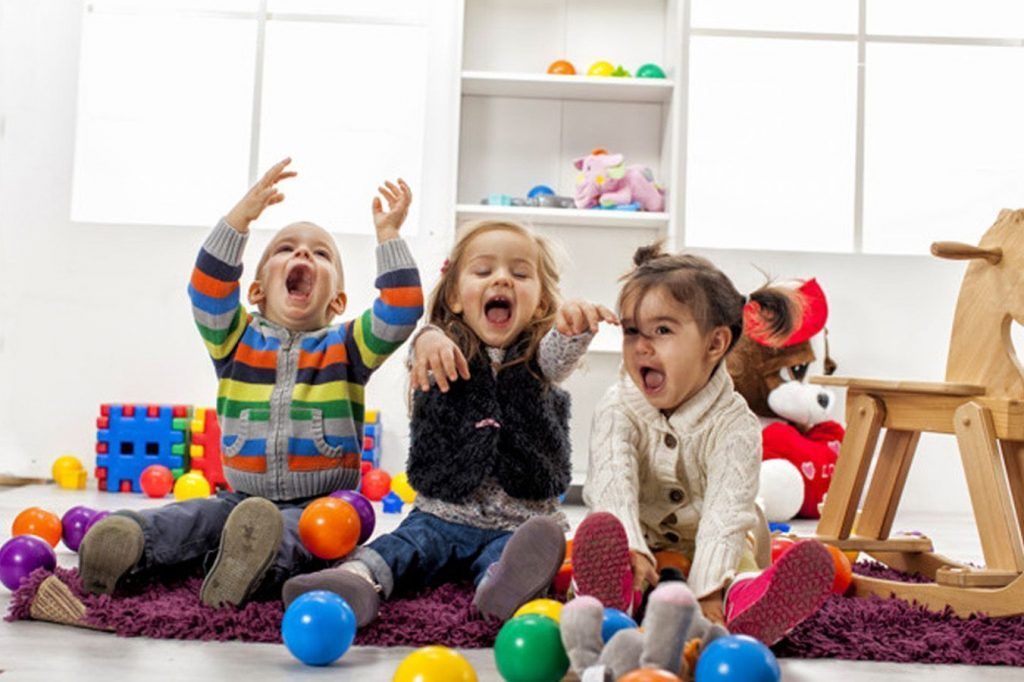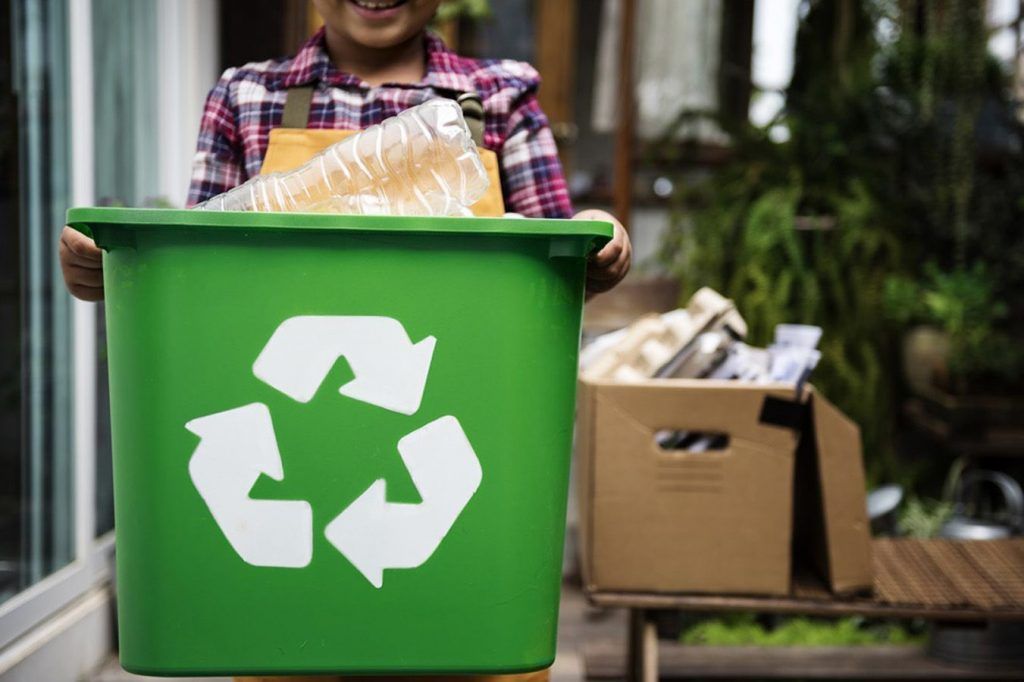It is often objected that ‘Montessori’ children are free to do whatever they want and that they are not disciplined. But is this really true?
It is often objected that ‘Montessori’ children are free to do whatever they want and that they are not disciplined. But is this really true? Nothing could be further from the truth.
Discipline does not consist of punishment or deprivation but is a long process that is built on love, trust and infinite patience. Maria Montessori defines this method as Active Discipline, in which the child is actively involved and takes responsibility for his own behaviour through his moral sense and emotional competence. The adult, therefore, does not punish and does not impose, but leaves the child free to do, respecting spontaneity and its most authentic nature. Because everyone is different, unique and unrepeatable. The principle that characterises Montessori’s work is, in fact, “Help me to do it myself”; to leave the child free does not mean that he should be abandoned to his own devices, but to offer him an environment in which he can act freely.
Few rules characterise the play environment, but they are impassable. Disorder, amateurism and do-it-yourself are not contemplated: everything must be thought out and nothing is left to chance. The environment is organised into areas, each dedicated to a specific activity: reading, writing, science, drawing, manipulation and practical life, where the material is neatly arranged in the same positions, to facilitate direct accessibility by the children. It is ensured that the child can choose what he wants to do from the materials available. Order reigns supreme, as the child cannot work well in a chaotic environment, especially in the 0-3 year age group. Order is therefore a necessary condition for developing the ability to grasp the relationships between objects, orientation and mastering the surroundings.
The adult has before him a child who, so to speak, does not yet exist, but who will reveal himself through play, a type of spontaneous play that develops concentration, responsibility and independence of thought.
It follows from Montessori’s explanation of discipline that, as parents, our mission is to accompany our children towards themselves, that is, to help them become themselves. This means curbing the impulse to act, not interfering in any form. When our child plays, our task is to present new material and activities that help him/her develop.
In this way, the child acquires physical independence, by being sufficient for himself, independence of will, through free and autonomous choices, and independence of thought, by working alone, without interruption.
Children are also attracted by what enables them to fit into the world, so they need to be active and handle real objects and not just toys. They don’t want a life of their own, they also need to do things that relate them to us, which is why it is necessary to get them to participate in activities of daily life such as cutting a banana, hanging out the washing, vacuuming. Of course, we don’t expect them to do the work perfectly, the important thing is that they feel free to do it and that they do it with satisfaction. Through working together with us, the children adapt to real life and increase their self-confidence.
Gazing at each other is also very important in relationships and communication; looking at each other brings us into deep contact and we are able to convey many things, more than with words. We all say, “It’s too heavy for you. “Watch out, you’re going to fall’, ‘you’re too small for …’, ‘don’t do this …’, these negative words block the child. Let’s put these expressions aside and emphasise loving and encouraging warnings, preferably combined with a silent, protective gaze (don’t disturb him while he is acting). Giving trust is the best gift for fostering trust. We parents can show the way to freedom by educating our children to “choose”, for example we can increase the opportunities for them to exercise, instead of deciding what they should eat or what they should play with we can make them choose between two toys, between two yoghurts etc. In short, through active discipline, we can make them choose between two toys and two yoghurts.
In short, through active discipline, the child does not do whatever he wants but wants what he does. Freedom is not the goal but a long process through which the child acquires its own human characteristics and becomes a free individual.
“Disciplined is he who is master of himself, therefore he can arrange his abilities when a rule of life has to be followed”.
Bibliography
“Educating to Freedom”, Maria Montessori, publisher Oscar Mondadori (2008)
“The Montessori Method. To raise your child from 0 to 3 years and help him to be himself”. , Charlotte Poussin, publisher Demetra “2017)










